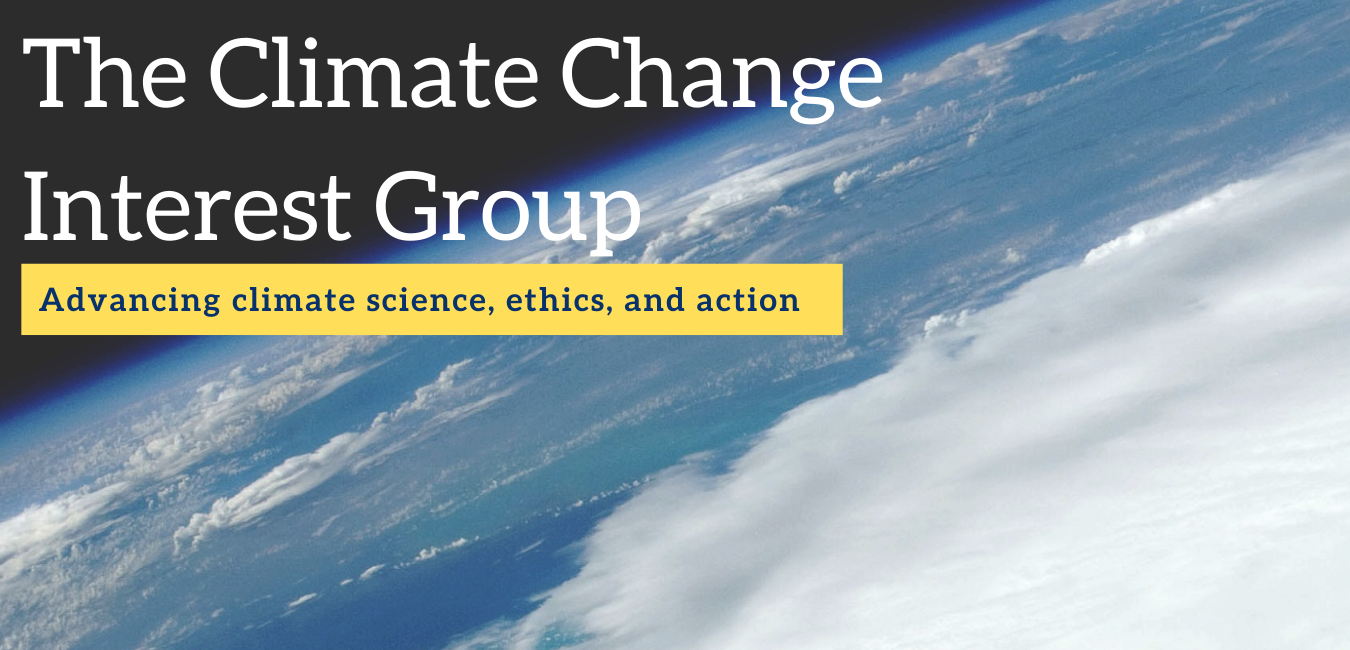


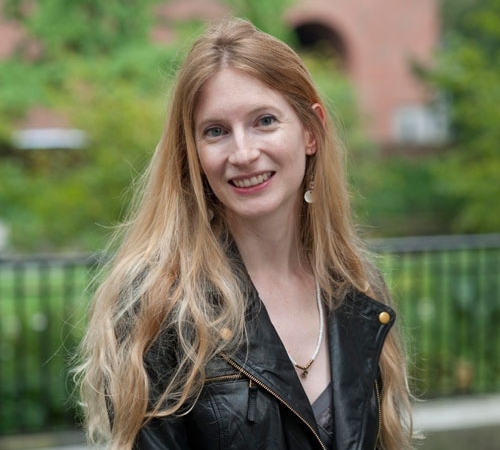
Jade d’Alpoim Guedes is an Associate Professor at the Department of Anthropology and Scripps Institution of Oceanography. Her work combines climate science, archaeobotany, computational modelling and agronomy to understand how humans in high altitude and marginal environments have adapted to and can adapt to climate change. d’Alpoim Guedes’ primary region of focus is Asia, where she has worked extensively in China, but also in Nepal, Thailand and Pakistan. Dr. d’Alpoim Guedes works closely with crop scientists to examine the potential of landraces of traditional crops such as millet, wheat, barley and buckwheat for modern agricultural systems. She grew up on a small organic farm in Portugal where she saved hundreds of local varieties seeds with her father.
Understanding how humans have managed to maintain food security while dealing with climatic change is crucial in a rapidly changing world. However, human adaptive responses to periodic fluctuations in local environment over the long term are poorly understood. Even more crucial is understanding how humans responded to climatic change, not in the few optimal areas of the world, but rather in key marginal loci where the livelihoods of millions of smallholder farmers and pastoralists are at stake. Dr. D’Alpoim Guedes leads an international collaborative fieldwork project in the Jiuzhaigou National Park of the Eastern Tibetan Plateau. This project aims to understand how Tibetans overcame challenges of past climate and developed the resilient systems of farming and pastoralism we know in the region today. With its location in one of the most biodiverse regions on the planet, the Eastern Tibetan plateau contains important lessons for understanding that the deep past of human activity has played in maintaining Biodiversity. Current work suggests that contrary to many current conservation narratives that views humans as harming Biodiversity in the region, Tibetans have contributed to the maintenance of plant and animal Biodiversity on the plateau through millennia of ecosystem entanglements.
Dr. D’Alpoim Guedes teaches Feeding the World(ANAR 146) Environmental Archaeology (ANAR/SIO 166) and Paleoethnobotany (ANAR/SIO 576).
A video clip about her research.
A link to her website.
Thomas Evan Levy, Distinguished Professor, holds the Norma Kershaw Chair in the Archaeology of Ancient Israel and Neighboring Lands at the University of California, San Diego. He is a member of the Department of Anthropology and co-director of the Scripps Center for Marine Archaeology (SCMA) and director of the Center for Cyber-Archaeology at the Qualcomm Institute. In helping to launch SCMA, Levy has emphasized three approaches in his field work in Israel and Greece to explore climate and environmental change in the eastern Mediterranean: shallow marine geophysics, sediment core analyses, and underwater excavation. Elected to the American Academy of Arts and Sciences, Levy is a Levantine field archaeologist with interests in the role of technology, especially early mining and metallurgy, on the evolution of societies, especially in eastern Mediterranean coastal zones. Most recently, Levy’s lab group focuses on paleoenvironmental change during the Neolithic periods off the Carmel coast in Israel.
Tom has published 16 books and several hundred scholarly articles in high impact journals, conference proceedings and more. In 2018, Levy was awarded a doctor of philosophical sciences, honors causa at Charles University in the Czech Republic. Springer academic press published his recent edited volumes - Heritage and Archaeology in the Digital Age: Acquisition, Curation, and Dissemination of Spatial Cultural Heritage Data (2017), and Cyber-Archaeology and Grand Narratives: Digital Technology and Deep-Time Perspectives on Culture Change in the Middle East (2018).
Most recently, the Koret Foundation (San Francisco) awarded SCMA, $1.3 million for a 3-year global scientific collaboration concerning deep-time climate and environmental change with the University of Haifa, for which Tom serves as PI. To help jump-start SCMA, Levy is leading a trans-Mediterranean land and sea study of climate, environmental and deep-time culture change in Greece with Prof. George Papatheodorou and Prof. Maria Geraga, University of Patras, and in Israel with Prof. Assaf Yasur-Landau, Director, University of Haifa’s Recanati Institute for Maritime Studies.
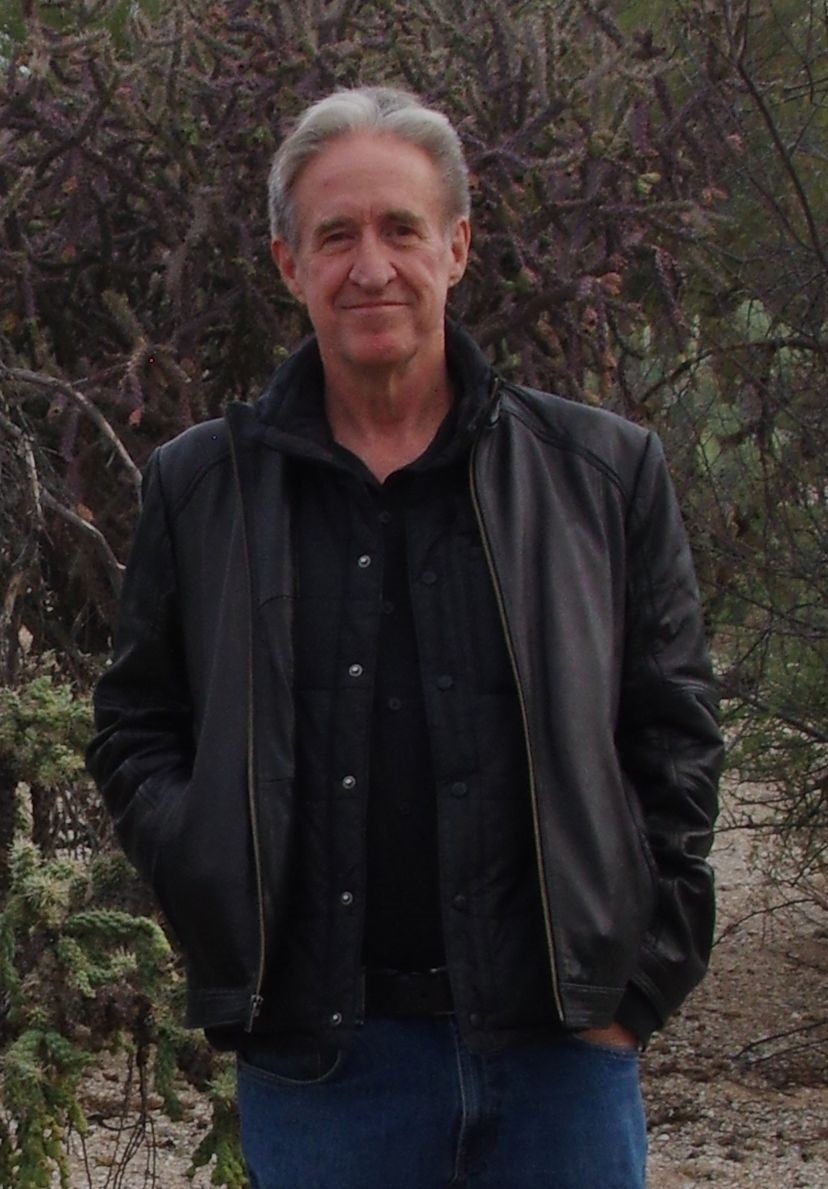
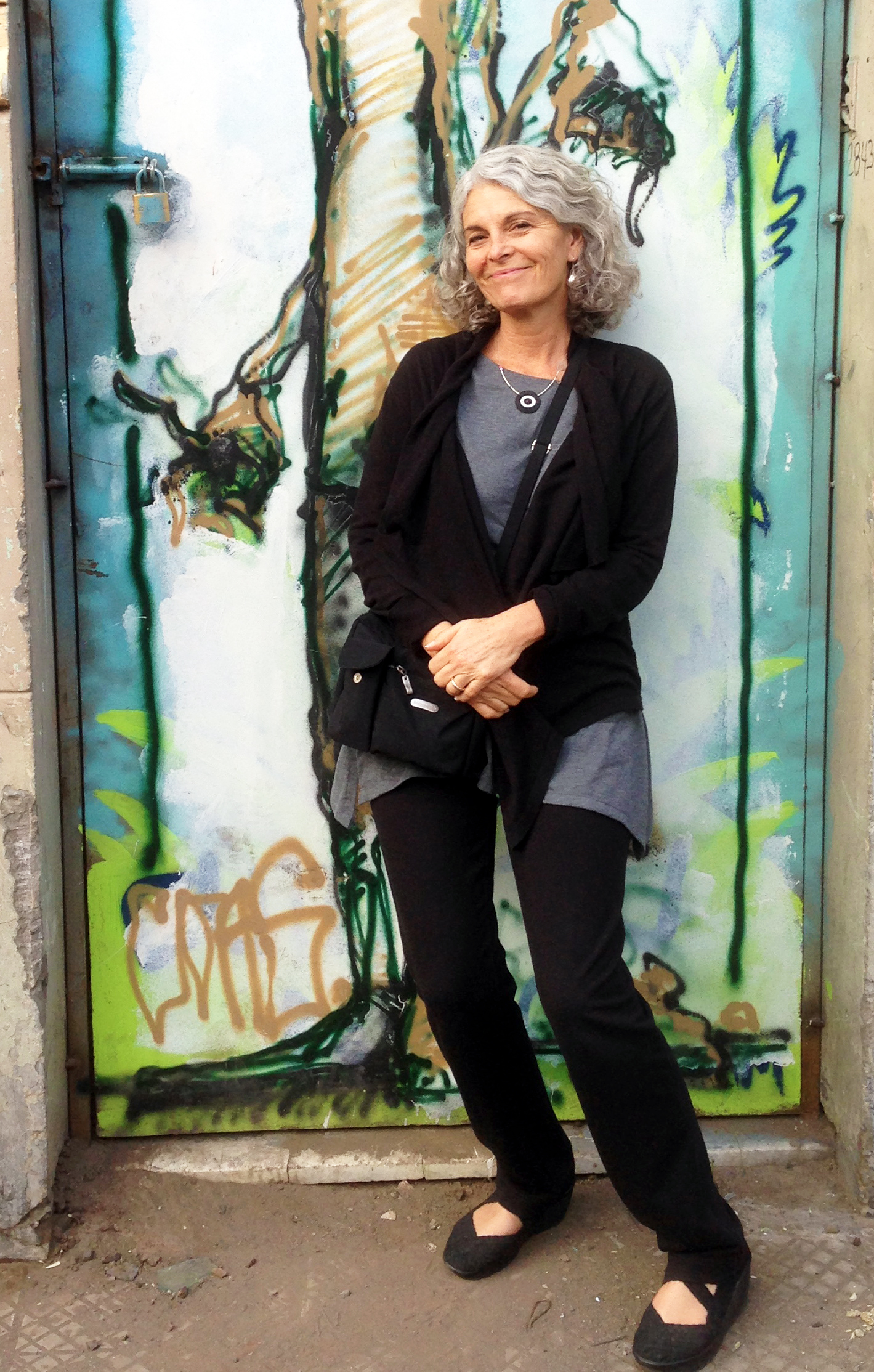
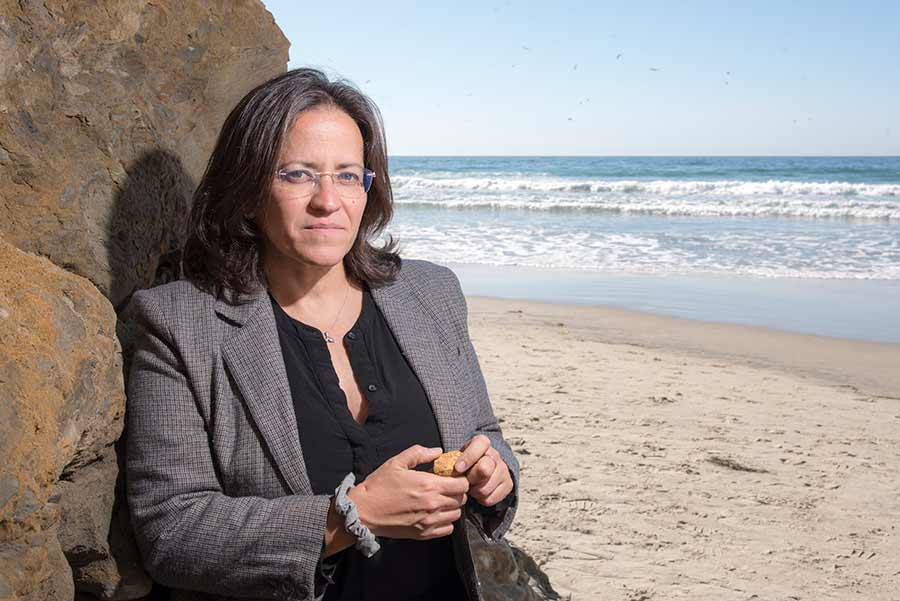
Isabel Rivera-Collazo is Assistant Professor on Biological, Ecological and Human Adaptations to Climate Change at the Department of Anthropology and Scripps Institution of Oceanography, and Directs the SIO Human Ecology Laboratory. Prof. Rivera-Collazo is native to Borikén (Puerto Rico). Her work combines earth sciences, archaeology and marine ecology to understand social vulnerability to climate and environmental change, in particular through food and habitat security in coastal and marine areas. Through geoarchaeology and archaeomalacology, Prof. Rivera-Collazo works to identify lessons from the past that are relevant to communities in the present. Her research project DUNAS, combines sand dune restoration, cultural heritage and climate change to stimulate community resilience.
Most recently Prof. Rivera-Collazo leads the California Heritage Climate Vulnerability Index research project together with the CA State Historic Preservation Office. This project seeks to understand the multiple definitions of site importance, and the interface between cultural significance, climate hazards threatening heritage, and prioritization of action to mitigate climate-related impacts. Rivera-Collazo works with the Borikua / Taino communities in Puerto Rico and the Tongva community of Catalina Island in California. Her work highlights the importance of building horizontal partnerships with indigenous communities through citizen science and communal archaeology. Her practice emphasizes collaboration to identify community-relevant research questions, where the recovery of past knowledge can help decolonize historical accounts and can contribute to answer questions and solve climate-related issues in the present.
She is a founding member of UCSD Climate Action Lab, and has been awarded the 2020 Climate Adaptation Leader Award and the 2020 UCSD Integrity Award. She teaches Archaeology of Climate Change (ANTH270) and Climate Change, Cultural Heritage and Vulnerability (ANTH109) among other courses for the Climate Change and Human Solutions Major.

David Pedersen is a historically minded anthropologist with a joint degree in both disciplines (University of Michigan 2004.) His research focuses on the natural, sociocultural, and geohistorical dimensions of capitalist restructuring in the hemisphere of the Americas. He is interested in the global ‘division of nature’ as regions of Latin America, Africa and Asia have been structurally relegated since the era of European colonialism to serve as the world’s suppliers of primary
products. Like gendered social reproductive labor, these unremunerated “gifts from Mother Earth” include not only minerals and agricultural goods, but also raw human work-capacity in the form of transnational migrants, and various kinds of tourism and conservation predicated on relative proximity to a ‘state of nature.’
His first book, American Value: Migrants, Money, and Meaning in El Salvador and the United States (Chicago Studies in Practices of Meaning, University of Chicago Press, 2013) critically explored El Salvador’s epic shift from being organized around producing and exporting coffee and cotton -- yielded by combining natural resources, manufactured chemicals, and organized human effort – to becoming the source of a new primary socio-natural export to the USA: purchasable human work- capacity in the form of migrants whose US dollar remittances now contribute to the national wealth
of El Salvador like the cash-crops did earlier in the 20 th century. The book developed a combined explanation and critique of this restructuring process by considering many of the dominant forward- looking forms and representations of the transformation, including commodities and even a well-known town, and showing the ways that these were predicated on conditions that contradicted their future-oriented promises, even as these developmentalist tales also hid their manner of perpetuating such conditions.
Pedersen brings this interdisciplinary and critical-explanatory approach to a new research project that considers San Diego Bay as a contradictory nexus of sociocultural, natural, and geohistorical processes, which include the bay’s urban and rural watershed and extend into the Pacific Ocean. Part of this continuing work has been supported with a three-year grant from the National Oceanographic and Atmospheric Administration (NOAA) for a study titled: “Cultural, Economic, and Public Health Determinants of Social Vulnerability to Seafood Contaminants in an Urban Embayment in Southern California.” http://siointra.ucsd.edu/project/cultural-economic-and-public-health-determinants-of-social-vulnerability-to-seafood. The study combined ecological research on seafood contamination in San Diego Bay (led by co-PI Theresa S. Talley of California Sea Grant/SIO) and ethnographic research among people that regularly consume the seafood that they catch from several public piers. Overall, the study identified several new kinds of contaminants in the seafood that derive from commercial activities in the region and documented that most people perceive that the rewards of harvesting and consuming seafood outweigh the risks associated with the contamination. https://www.sciencedirect.com/science/article/pii/S0025326X21011668 In a contradictory manner reminiscent of the El Salvador research and explanatory critique, SD Bay fishing and seafood consumption play important social reproductive roles in the city, even as the family formations and work capacity they help to produce and replenish contributes to a regional productive system that is undermining the health of the seafood and its consumers. https://caseagrant.ucsd.edu/news/fishing-meaning.
Pedersen has been awarded a UCSD Teaching + Learning Commons Community Engaged Learning Changemaker Faculty Fellowship for the 2023-2024 academic year. This will support the development of a new course “Capitalism/Nature/Justice: The Contradictory Nexus of San Diego Bay” and an accompanying student internship program with the Environmental Health Coalition in San Diego. https://www.environmentalhealth.org This community engaged learning opportunity will allow students to directly contribute to current environmental justice organizing and education campaigns in the city. The internship will bring them into contact with diverse SD Bay ‘stake- holders’ including representatives of commercial, municipal, and military interests.
Pedersen teaches courses on capitalism, broadly defined, and maintains another substantial research project that focuses on diverse social movements, their institutional bases in the USA and abroad, and the tenuous coalition of conservative groups that was reflected in the January 6 attack on the US Capitol building.
Pedersen serves on the executive committees of the Program for Interdisciplinary Environmenta Research (PIER) at Scripps Institution of Oceanography and UC San Diego, the UCSD Center for Comparative Immigration Studies (CCIS), and the UCSD International Institute. He is a member of the editorial boards of the journal Critical Historical Studies and the Journal of Cultural Economy.